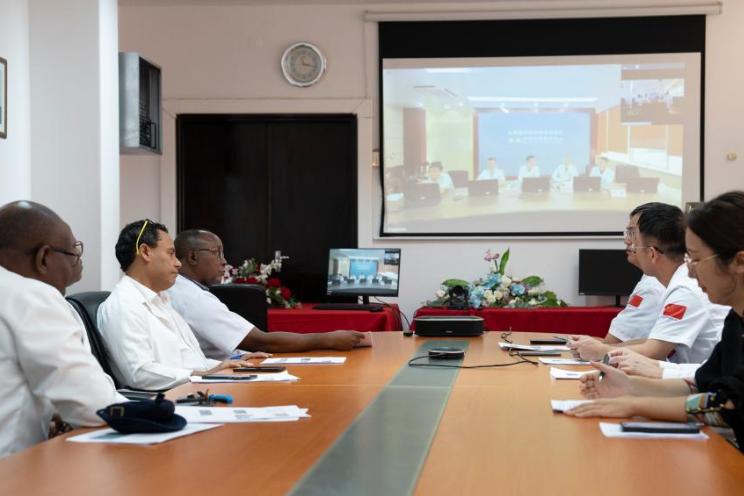Cybercrime on the rise, $600b world loss

Quick adoption of new technologies by cybercriminals, the rising number of new users online and the increased ease of committing cybercrime have contributed to the annual loss of about $600 billion to the world economy, or 0.8 percent of the global GDP, according to a report released on Wednesday.
The report, Economic Impact of Cybercrime-No Slowing Down, prepared by the Center for Strategic and International Studies (CSIS) with McAfee, a computer security software company, said the annual loss is up from a 2014 study that put global losses at about $445 billion.
Other factors that ratcheted up the losses over the past three years include the occurrence of an expanding number of cybercrime "centers" and a growing financial sophistication among top-tier cybercriminals that, among other things, makes monetization easier, the report said.
As one of the prescriptions to the global scourge, the report underlined the need for increased international law enforcement cooperation, both with other nations' law enforcement agencies and with the private sector.
The report said the theft of intellectual property accounts for at least a quarter of the cost of cybercrime. It claims China is the focus of IP theft concerns.
Commenting on US criticism of China's IP rights protection on Aug 14, Chinese Foreign Ministry spokeswoman Hua Chunying said that recent years have witnessed blowouts of innovation in various fields, and China has drawn world-wide attention as a leader of innovation.
As of 2016, the number of the applications for patents by China had accounted for 38 percent of the world total, which ranks first and is 1.9 times as many as that of the US, and China's total input into research and development accounts for 17.6 percent of the world total, nearing that of the US, Hua said.
"We hope the US side can view the relevant issue in a matter-of-fact way and objectively remark on China's efforts and progress in IPR protection and its achievements in innovation-driven economic development," she said.
The CSIS and McAfee report said, "China, for both domestic and international reasons, appeared, until recently, to be living up to the 2015 agreement," and "it appears that Chinese commercial espionage against US companies has decreased."
The 2015 agreement refers to the consensus reached between Chinese President Xi Jinping and then US President Barack Obama in 2015 on China-US cybersecurity cooperation.
One point of the consensus is that neither country's government will conduct or knowingly support cyber-enabled theft of intellectual property, including trade secrets or other confidential business information, with the intent of providing competitive advantages to companies or commercial sectors.
At the first China-US Law Enforcement and Cybersecurity Dialogue held in Washington on Oct 4, both sides agreed to continue their implementation of the 2015 consensus.
Both sides intended to improve cooperation with each other on cybercrime, including sharing cybercrime-related leads and information, and responding to Mutual Legal Assistance requests, in a timely manner, according to a statement released after the dialogue.
The two sides also agreed to continue to cooperate on network protection, including maintaining and enhancing cybersecurity information sharing, as well as considering future efforts on cybersecurity of critical infrastructure, the statement said.
The second round of the dialogue on law enforcement and cybersecurity is expected to be held in the second half of the year, according to a statement following Chinese State Councilor Yang Jiechi's visit to Washington in early February.
Nick Savvides, Symantec's chief technology officer for the Pacific region, said that in 2017, cyber criminals caused major service disruptions around the world, using their increasing technical proficiency to break through cyber defenses.
"In 2018, we expect the trend to become more pronounced as these attackers will use machine learning and artificial intelligence to launch even more potent attacks," he said in 2018 Cyber Security Predictions posted in December.

































